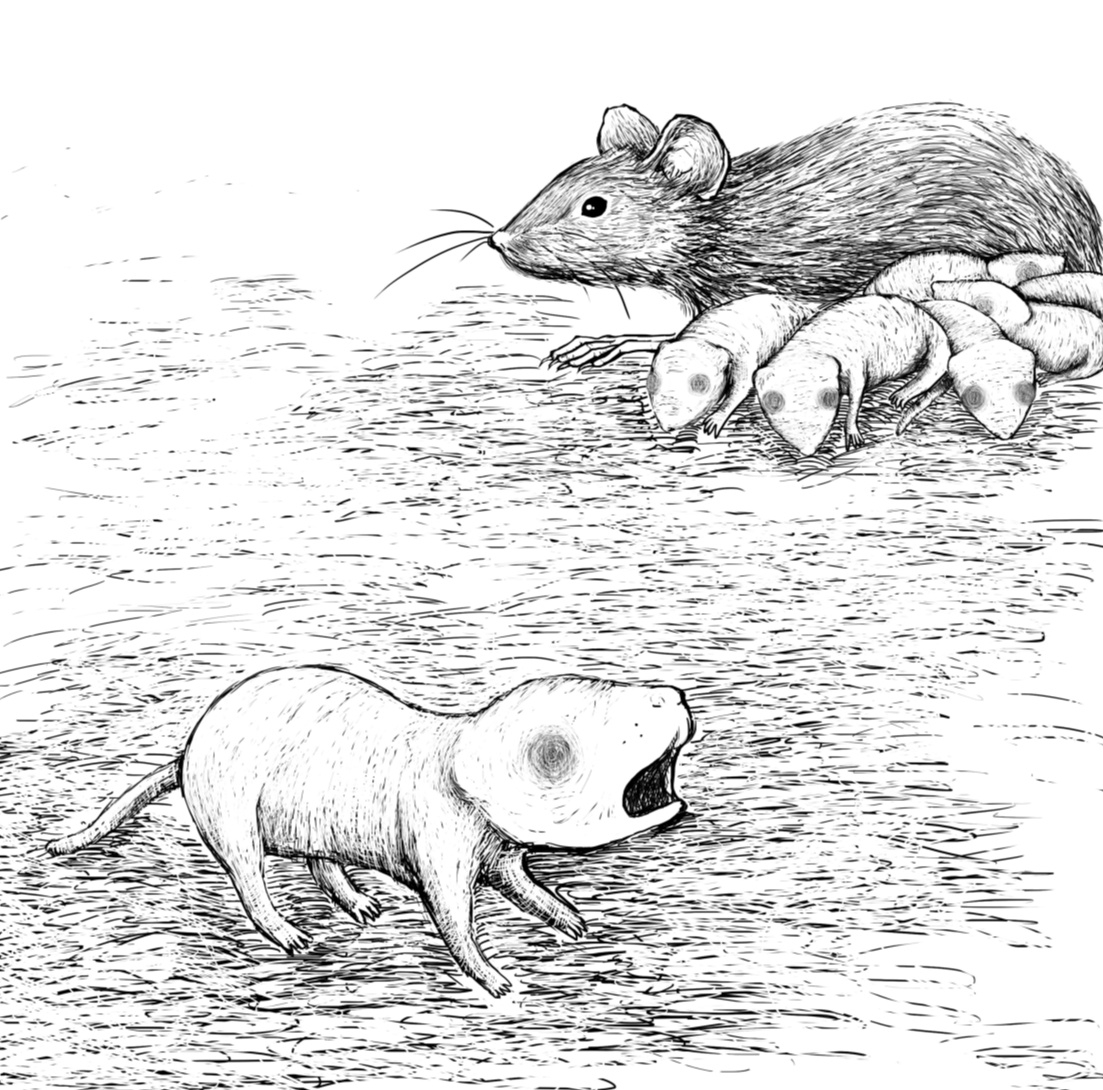You are here
Love, death, and oxytocin: the challenges of mouse maternity
Speakers
Abstract
The neuropeptide oxytocin is important for maternal physiology and social behavior. In this talk, I will discuss new and unpublished data from our lab on when, where, and how oxytocin is released from hypothalamic neurons to enable maternal behavior in new mother mice. I will focus on maternal responses to infant distress calls, and how oxytocin enables rapid neurobehavioral changes for dams and alloparents to recognize the meaning of these calls. We have built a new system combining 24/7 continuous video monitoring with neural recordings from the auditory cortex and oxytocin neurons of the hypothalamus in vivo. With this documentary approach, we have identified behaviors of experienced and naïve adults learning to co-parent together which also activate oxytocin neurons. I will discuss circuits routing sensory information to oxytocin neurons leading to oxytocin release in target areas important for maternal motivation. Finally, I will discuss longer-term behavioral monitoring over months, examining how single mothers build nests to help ensure pup survival or how this sometimes goes awry.

